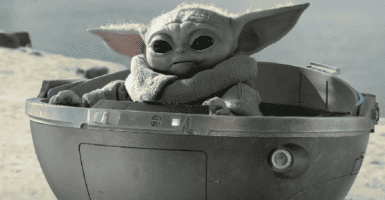George Carlin AI Standup Lawsuit Sets The Future Of Stars’ Likenesses
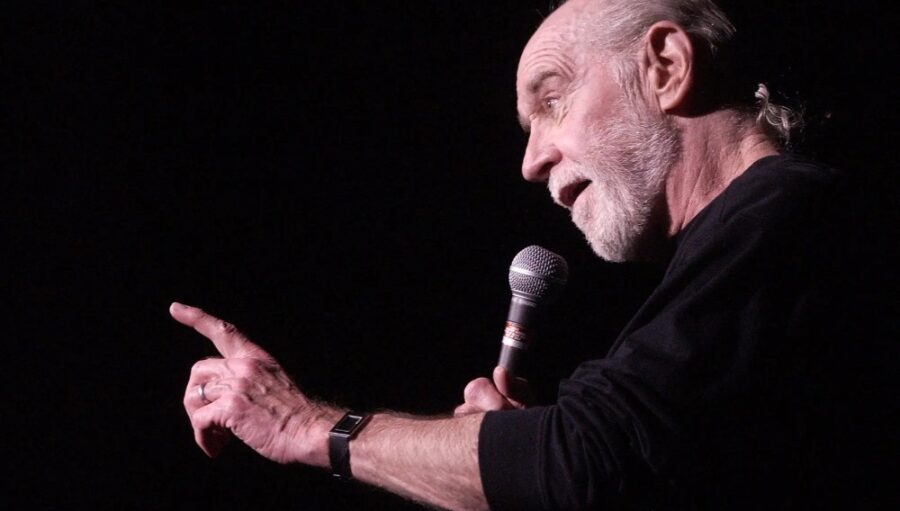
The proliferation of AI technologies and the lack of clear-cut regulations and laws that would govern their use is becoming an increasing problem in our society despite all the benefits these technologies have to offer. There’s not a week that goes by without some headline about the misuse of AI; this week’s topic regards a lawsuit filed by the estate of the late comedian George Carlin over the release of a comedy special that used generative AI to mimic the comedian’s voice and style.
Lawsuit Claims George Carlin’s Likeness was Used Without Permission

The lawsuit filed by George Carlin’s estate alleges that the creators of the special used Carlin’s work and likeness without permission to train an AI chatbot, which then wrote the script mimicking Carlin’s tone and style of comedy. In the special, the AI-generated George Carlin discusses modern topics, such as the prevalence of reality TV, streaming services, and artificial intelligence—subjects that came to mainstream prominence after George Carlin’s death in 2008. However, the main issue seems to stem from the fact that AI misuse breaches several copyright laws.
A History Making Lawsuit
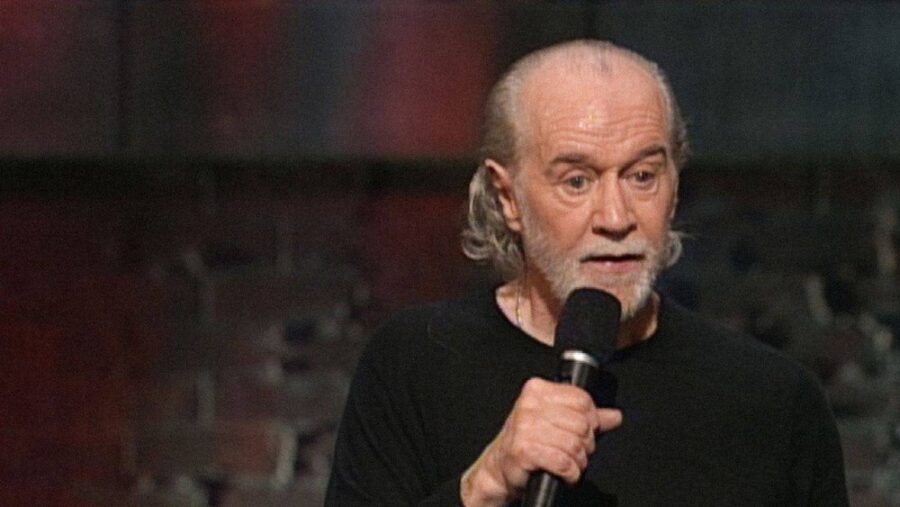
The complaint, filed by George Carlin’s estate in California federal court, now seeks immediate removal of the George Carlin AI comedy special that has been posted on YouTube, along with unspecified damages. This legal action by the estate is very significant and addresses several drawbacks associated with generative AI, such as the unlicensed use of a celebrity’s work and likeness in AI-generated content, as well as copyright infringements and violations of right of publicity laws.
A Growing Issue With AI

The lawsuit also highlights the issue of using someone’s identity without consent, something that’s becoming more prevalent in all spheres, not just entertainment. For example, the era of generative AI also introduced entirely new bullying methods, with teens using generative AI to make explicit content of their peers—which also happened to some celebrities as well. George Carlin isn’t the only one whose likeness was used for training generative AI. Disney recently came under fire for using AI likenesses of actors in some of its works.
Today George Carlin But Tomorrow It Can Be Anyone
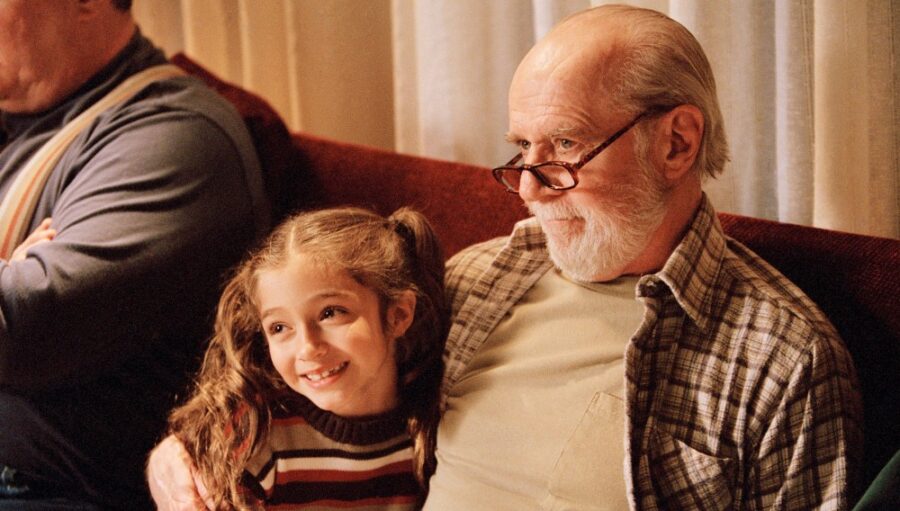
The George Carlin AI lawsuit also reflects the growing concerns in Hollywood and artists about the ethical and legal issues surrounding the use of AI technologies in the entertainment industry—in fact, these issues were one of the pain points during the most recent Hollywood strike, which revealed Disney’s shady practices. For artists, the solution could imply conferring intellectual property rights to the federal level, but for everyday Janes and Joes, it should imply stricter legal actions and repercussions for defamers whose actions caused physical or emotional distress to third parties.
Lawsuit Tackles Legal Loopholes
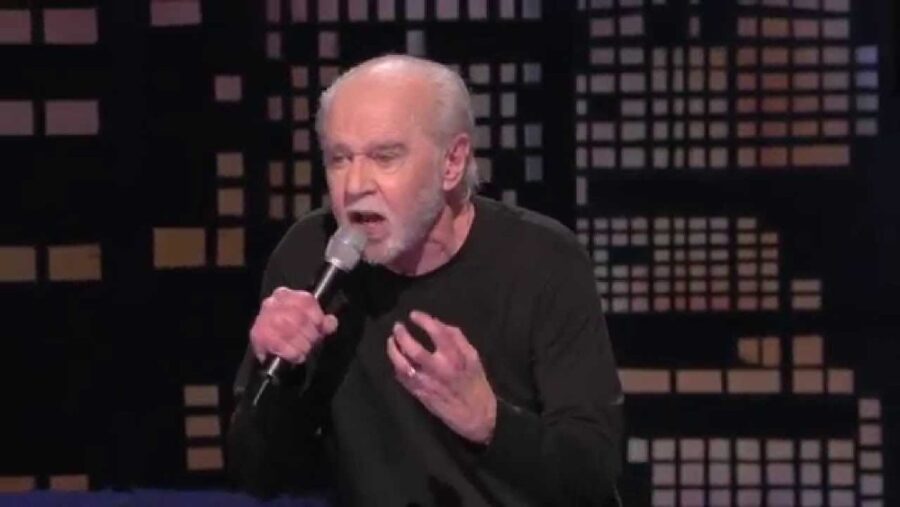
Ultimately, the biggest significance of the George Carlin AI lawsuit is that it underlines the mess left in the wake of missing laws and regulations that would govern the use of AI and provide clear-cut legal repercussions for its misuse. With everything said, the ongoing implementation of AI technologies is happening at an unprecedented rate, and areas such as space exploration and medicine are already experiencing immense benefits.
Source: The Hollywood Reporter










